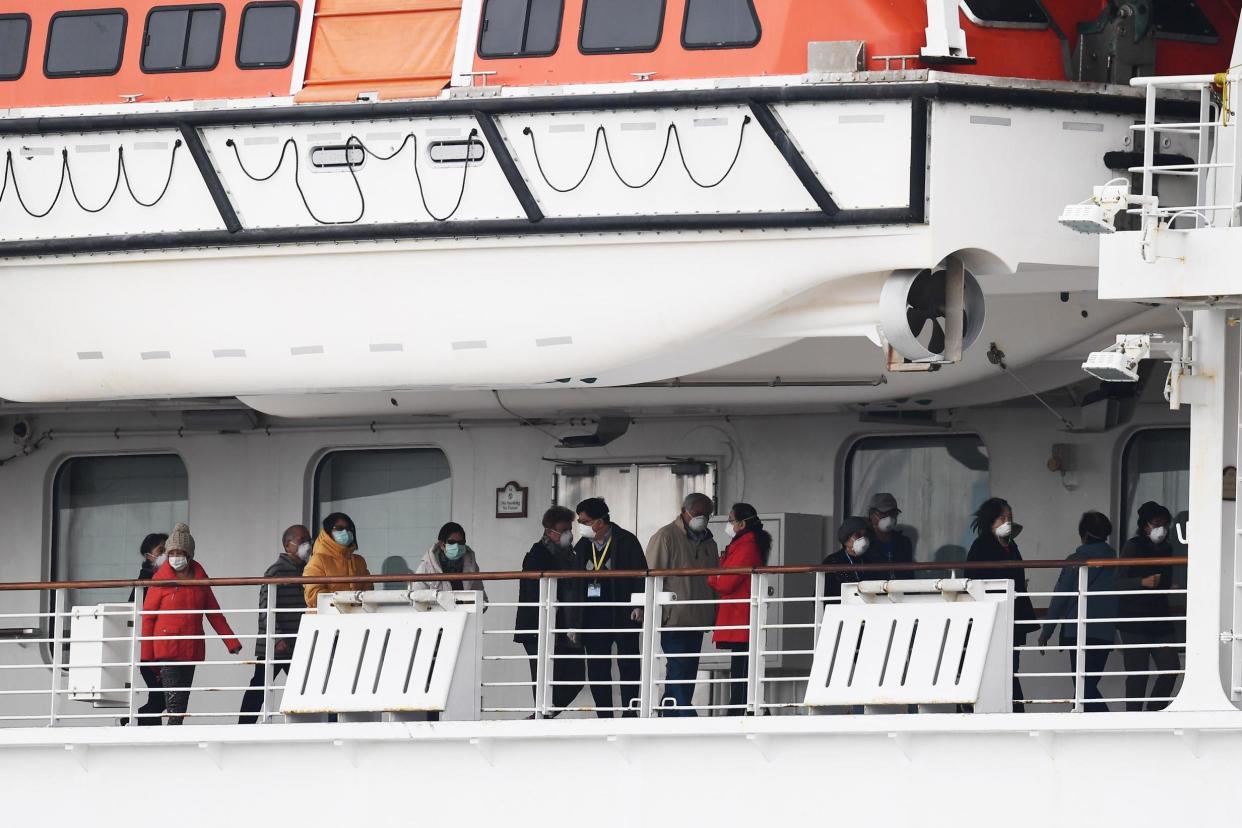Foreign Office urges travellers to avoid cruises

Just as cruise lines in the UK and abroad were hoping to put together programmes for the latter part of 2020, the Foreign Office has warned against all cruise ship travel.
The cruise business has been hit harder than any other part of the travel industry by the coronavirus pandemic.
in March the FCO warned: “British nationals aged 70 and over, and those with underlying health conditions like chronic diseases and diabetes, are advised not to travel on cruise ships.”
But after its global warning against all overseas travel was lifted last Saturday, Foreign Office consular staff have decided that any cruise abroad is too risky.
The latest warning reads: “The Foreign & Commonwealth Office advises against cruise ship travel at this time. This is due to the ongoing pandemic and is based on medical advice from Public Health England.
“The government will continue to review its cruise ship travel advice based on the latest medical advice.”
No end date is given, which is likely to discourage future bookings and trigger demands for refunds. The Foreign Office advises customers: “If you have future cruise travel plans, you should speak to your travel operator, or the travel company you booked with, for further advice.”
The only clue that the warning may be removed relatively soon is provided by the note: “The FCO continues to support the Department for Transport’s work with industry for the resumption of international cruise travel.”
Many areas of the travel industry have been affected by government action in response to the coronavirus crisis.
But cruising has been hit by the logistics of running ships with multinational crew and passengers, the closure of hundreds of ports and entire countries to cruise ships, and an image problem after the Diamond Princess vessel became a coronavirus hotspot in its own right while being held in quarantine in Yokohama in Japan.
Other ships were forced to sail for weeks before they could reach a port prepared to accept them.
“This is devastating news for a sector already on its knees,” said Travel Weekly columnist Steve Dunne
The biggest British cruise enterprise is Carnival UK, which includes P&O Cruises and Cunard. Those lines had already extended cancellations to 15 October and November 2020 respectively.
The Carnival UK president, Simon Palethorpe, said: “We will follow applicable guidelines to further enhance our already stringent measures to keep our guests and crew healthy and well and we will not resume sailings on either of our brands until this framework is in place.
“This will include rigorous protocols pre-boarding, on ship and in the destinations we visit.
“Confidence in cruising is strong and we are seeing increasing demand from our guests, who we look forward to welcoming back on board when the time is right.”
The US Centers for Disease Control warns: “Like other close-contact environments, ships may facilitate transmission of respiratory viruses from person to person through exposure to respiratory droplets or contact with contaminated surfaces.”
It has imposed a No Sail Order for US-based ships until late July.


